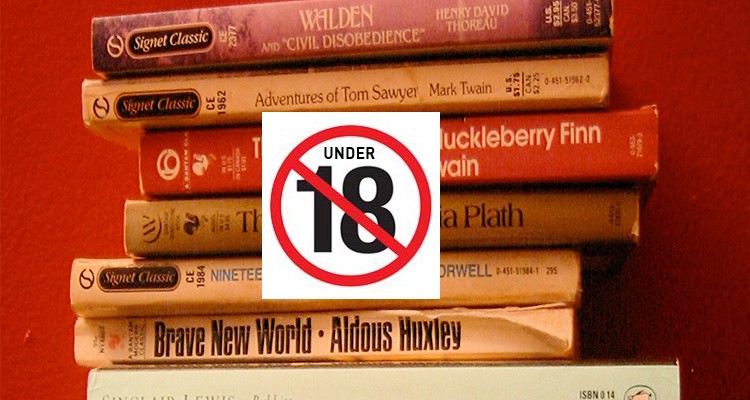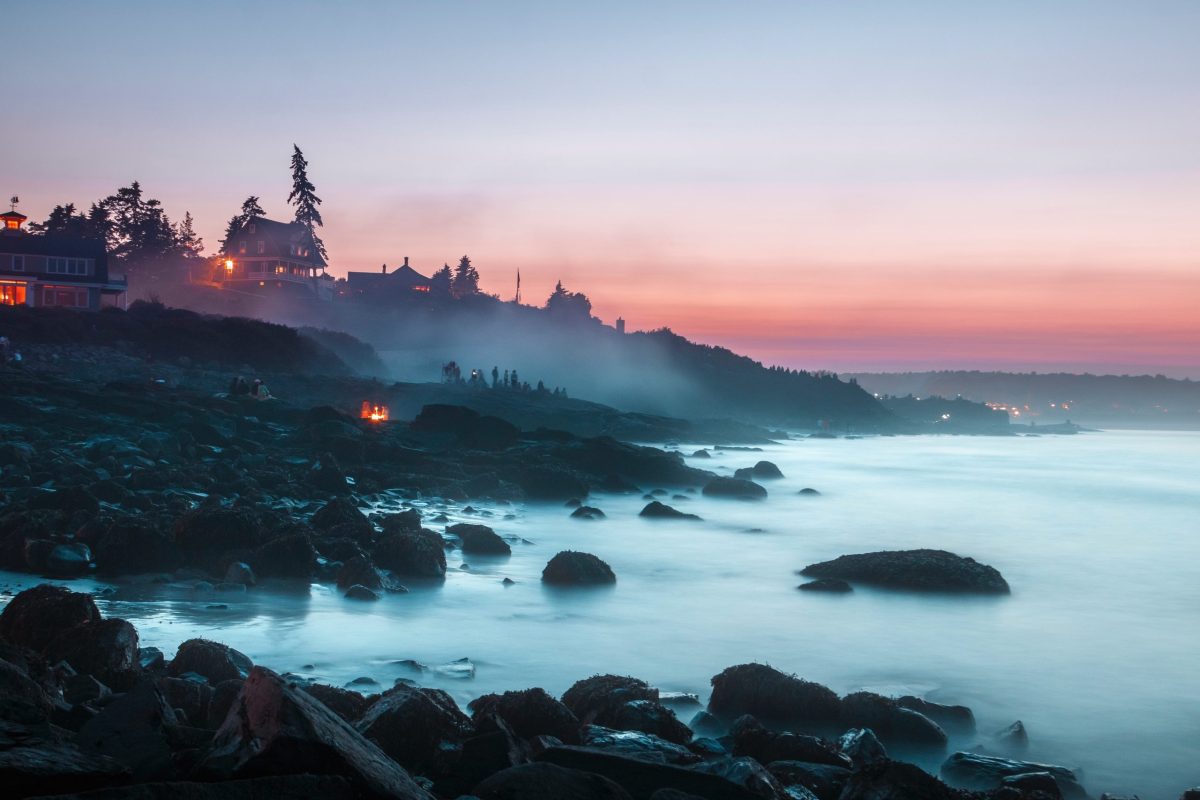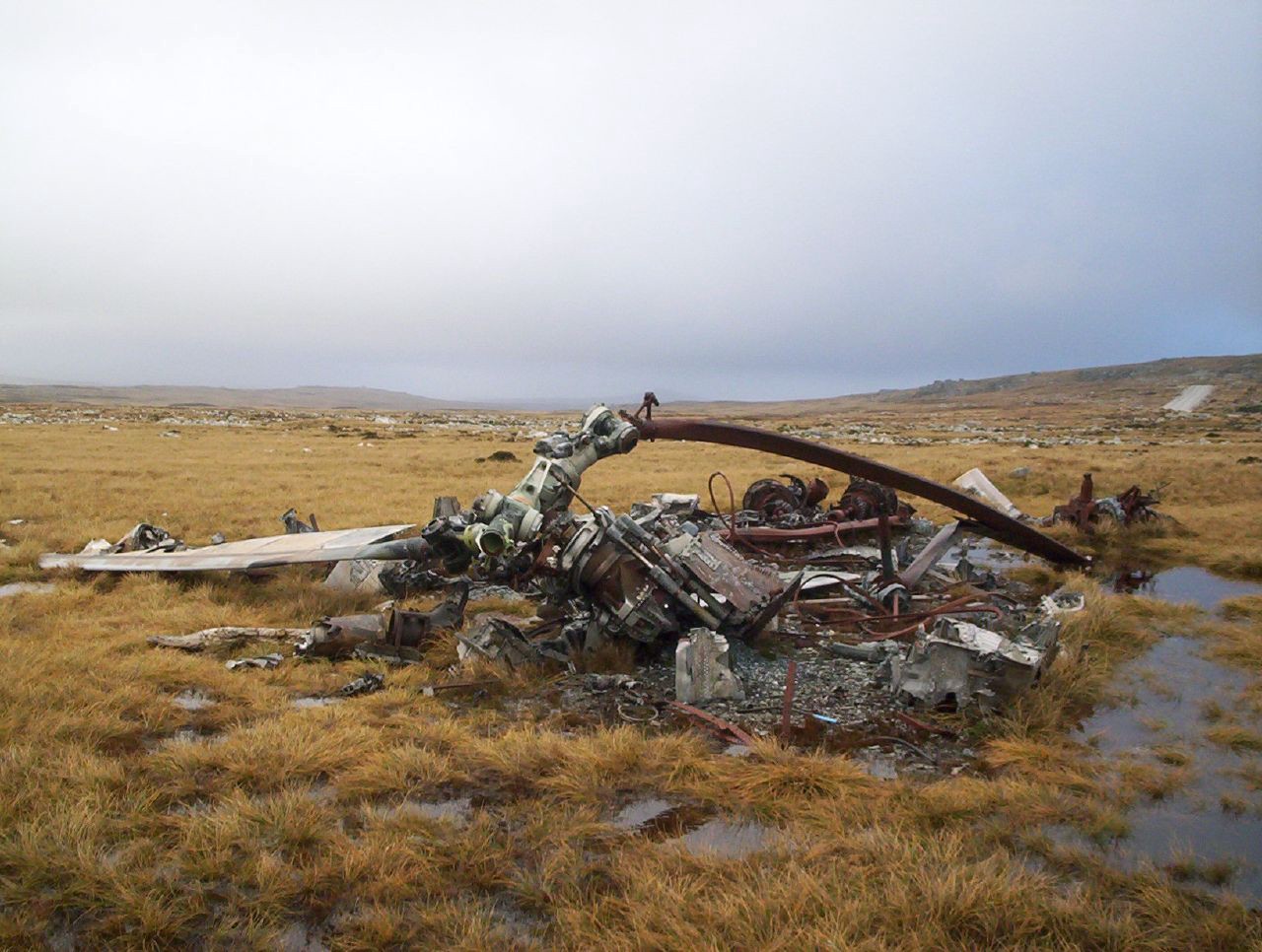Lit Mags
Morning, 1908
by Claire-Louise Bennett, recommended by The Stinging Fly
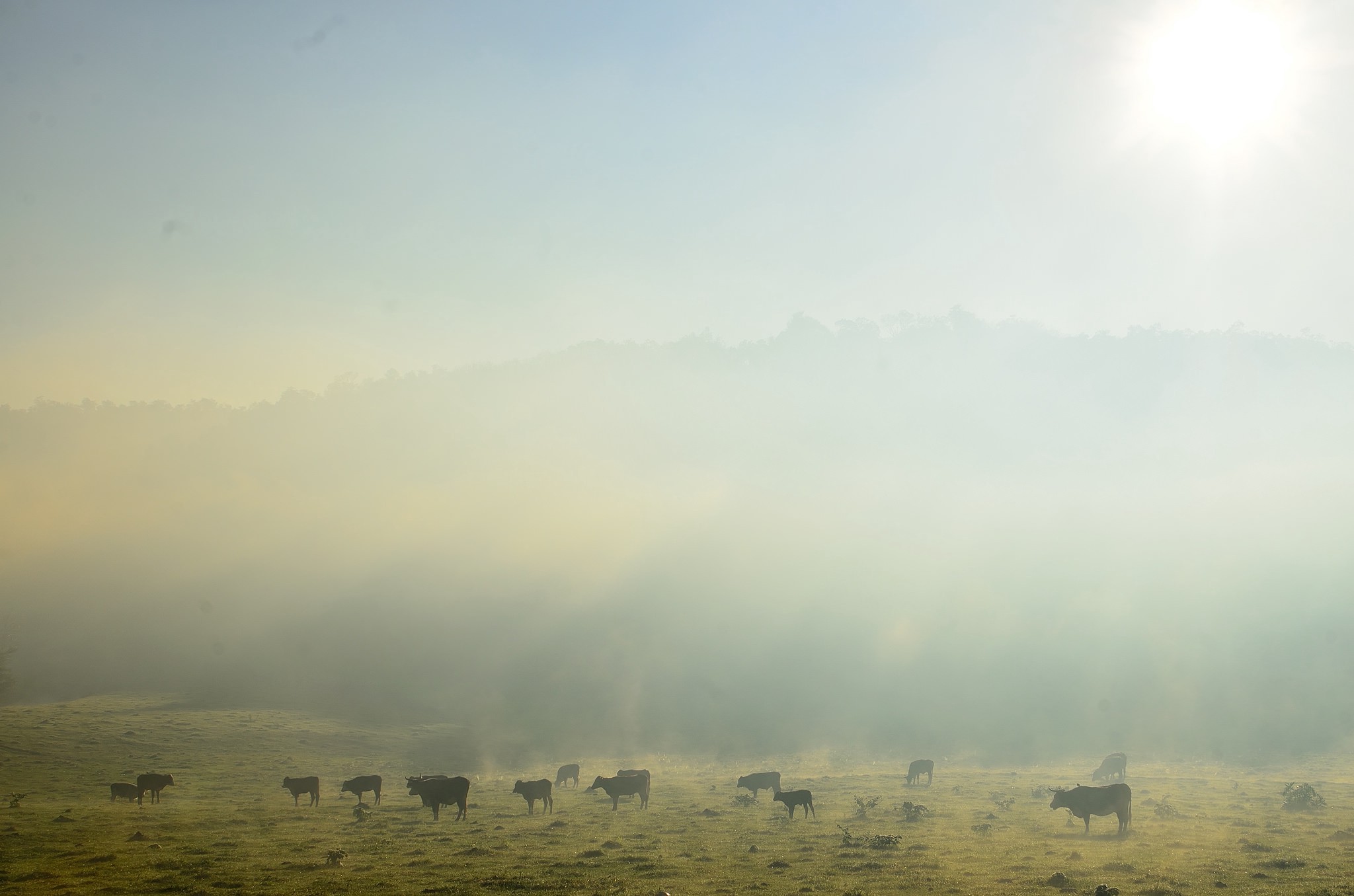
AN INTRODUCTION BY DECLAN MEADE
In “Morning, 1908,” we quickly establish that it is neither morning nor 1908. It is late afternoon and a woman has spent her day drinking quantities of ginger tea. She is feeling under the weather, and oppressed by the weather — it is Ireland, there is rain — and now she takes a drink of water and she goes outside for a walk, still in her dressing gown and night slip. This is the story of that walk.
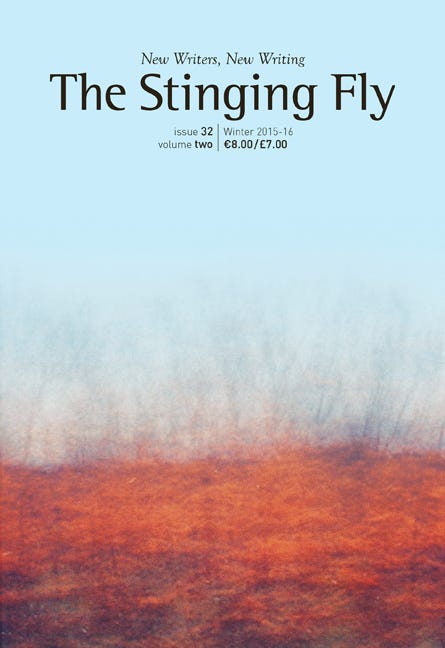
We published “Morning, 1908” in October 2012 in our Winter 2012–13 issue, and then again, earlier this year, in Bennett’s collection Pond (which will be published by Riverhead in the US next summer). What excites me about the story is the sense of complete and immediate access it offers into this woman’s mind. The reader is invited right in, and rather than feeling as if we are being told about what happened, we are allowed to experience everything with her, in real time, as she experiences it herself.
Not all that much happens, actually. There is a young man on the road, cows in a field, terror in the heart. The mind races. The woman is not so much narrating events as documenting and questioning her own thoughts and impressions.
Readers and reviewers of Pond have questioned whether it is a collection of stories, or a novel, or some hybrid of the two. This woman’s voice is the one you will hear throughout the book. Individual pieces from it were initially presented and published as stories though, and here now is “Morning, 1908,” standing alone again. The classification does not seem to me to be very important — my only concern being that imposing one classification over another might deter readers or limit the book’s success in any way.
We are very proud to have published Claire-Louise Bennett in the magazine and with the press. Discovering a writer of this caliber among the submissions and then getting to share her work with readers really is what it’s all about.
Declan Meade
Publisher and Founding Editor, The Stinging Fly
Morning, 1908
Claire-Louise Bennett
Share article
Electric Lit is just $7,000 away from our year-end fundraising goal of $35,000! We need to hit this target to get us through the rest of 2025, and balance the budget for 2026. Please give today! DONATE NOW.
by Claire-Louise Bennett
Since he’d advised it and it had immediately appeared perfectly rational — to the point of being really rather obvious — I filled a glass with tap water and took a few sips. I imagine his idea was that I drink a full glass, but I just wasn’t able to stomach a full glass, not then. Nevertheless, the little amount I did manage was really very refreshing — uplifting actually — and the dizziness that had bristled in and about my joints since I’d got up out of bed more or less subsided directly after consuming it. That done, and better oriented, I took a long thin coat from the wardrobe, toppling a patent leather boot from the shelf to the floor as I did so, and put it on over my dressing gown and night slip. No one will see me, I thought, but took a look in the mirror near the door all the same. And was surprised to see that the three garments layered this way looked very well, rather pretty actually, and I evaluated, briefly, if I couldn’t perhaps wear the ensemble publicly — on a Saturday, for example, when I go about my business, such as it is, in the town — before swiftly conceding that France, in fact, was just about the only place where I might feel comfortable in such an outfit, and on any given day.
This is my favorite time to leave the house and take a slow short walk. It is the time when my mind is least disposed towards fuss or hypothesis. It is the time when I have nothing to do after. Even so, I wasn’t expecting much from it this evening — I don’t know why. Possibly because I was taking one thing at a time and therefore such a thing as expectation was nigh on impossible to cultivate. Added to which, the impetus, really, for going out there at all was primarily to take some new air, and, secondly, to have my body undergo a little activity, however gently, however briefly. Pragmatic objectives, then, pertaining to my physical wellbeing, were my principal concern — I was not, for example, looking to overhaul my mental disposition or redirect my emotional bearings. To be perfectly honest I have, of late, become unusually disassociated from my immediate surroundings. The weather has not been particularly congenial this summer and such is my resignation that lately I have taken to commenting upon its brooding contrariety in routine phrases which demonstrate exasperation and contempt while leaving the utter indifference I’ve actually begun to feel towards it undetected and intact. It just never stops. Standing next to where the trees are particularly dense, long after the downpour has expired, you could be forgiven for believing it was still raining. But in fact what you are hearing is just the sound of detained raindrops, sliding off one leaf down to the next, and so on, from leaf to leaf to leaf, until falling, at last, from the final leaf to the ground.
Incredible, really. Or so it seemed to me as I went by and heard the thing play out. Further along there were those very small raindrops, droplets I suppose, which attach themselves with resolute but nonetheless ebullient regularity among the fronds of a beautiful type of delicate grass, appearing, for all the world, like a squandered chandelier dashing headlong down the hillside. I soon came to stand by one of the gates for a while, one I ordinarily pass by in fact — most times there’s a wind blowing up here and regardless of its cardinal direction it invariably travels through the gate in such a way as to make a sound out if it. The same sound always. A sound I don’t mind hearing incidentally, while passing by, but which would, I’m sure, induce a kind of peripheral insanity if attended to in stationary fashion for very long. Still, despite the gate being uncommonly mute, I would not describe the time I allotted to spend there as being altogether peaceful.
I’m used to vehicles coming up this way. That is something I am used to. And sometimes — though less often — they go down the way, and I’m used to that too. In either case I step into the long grass; out of the way. At such times, he, without fail, will put a hand up to the driver, whereas I never do — I don’t know why and I do know why. I’m just the same, actually, when I’m on my own, but perhaps the reason why I don’t put my hand up then is in any case quite different. Perhaps it would feel sneaky to do a thing without him that I do not do with him.
I don’t know, and I don’t believe unraveling these minor foibles is a relevant pursuit just now — the point is, no car came by. Not one, not in either direction. A car passing by me is something I am accustomed to: a young man passing by me on this road, on the other hand, is something I am not at all accustomed to. So it was that while I stood at the gate there came up the road not the thing I am accustomed to but its opposite, a young man, on foot, his head in a hood. An apparition quite without precedence — I saw him and I almost didn’t believe my own eyes. I saw him, the young man, and it was an alarming thing. A most alarming thing that set my blood and organs into crashing disarray until I was soon drained of all former purpose, as slender as that was. Yet for all that it did not feel as if the alarm I was experiencing had originated from me — it was rather as if I were implementing the feeling for the purpose of some sort of nebulous external design. No, it didn’t quite belong to me, and in fact it didn’t quite belong to the situation either — as the young man came closer the disquieting sensation did not surge, as one would expect, but remained constant. As such I could only infer that the pervasive unrest I was undergoing was probably not attributable to the young man’s sudden and unprecedented presence entirely.
I angled my elbows upon the gate’s top railing so that my hands tilted back behind my ears and my fingers slid up into my hair, and I committed every strand and sinew to this position despite not being quite able to inhabit it fully. Initially I thought such a posture might signal an impenetrable insularity — to the point of rendering me invisible perhaps — a somewhat far-fetched aspiration that was emphatically curtailed by the terrible recognition that actually I in fact appeared as defenseless and available for the taking as an ostracized vole. Unable to withstand or accommodate the panic that was the same but more exacting I found myself attempting to wrong-foot it with the speculation that perhaps the worst thing that could happen right now might not be quite as diabolical and frenzied as the thought of it jaggedly decreed. If it — that — were to happen right now, would it be so awful, I thought. Would it really be such an upheaval — such a defiling affront? Perhaps on the contrary it might actually seem fairly recreational, like the way dogs are, and not in the least bit vile. I looked as far into the distance as I could and after a moment of blank thought it occurred to me that I would very likely wet myself. That was a certainty, more or less, and it troubled me actually. The likelihood that I’d wet myself — not after, but during — troubled me. I surmised it would be unavoidable, really, because, for one thing, of all the rainwater that entwined in a lithe stream along the side of the road, which surely I would not be able to take my eyes off, and, for another thing — though it’s true I drank very little water before leaving the house earlier, I had in fact consumed a considerable quantity of ginger tea throughout the afternoon — consequently my bladder was already very susceptible.
What do you care, I thought, if you urinate on him during? Wouldn’t it serve him right? I did not dwell upon the question long because the fact of the matter was that the possibility of urinating on him bothered me very much, and I did not, just then, wish to confront the reason why. As his proximity to me increased I became aware of myself from the young man’s perspective — my shabby sealskin boots, the cerise snowflake pattern around the top of my thick Norwegian socks, the thin lace trim along the hem of my nightdress. My damp unbrushed hair. Nothing happened of course. I stood at a gate and a young man passed by. That was all.
Then the cows went all queer on me. When I arrived at the gate, which was in fact a good while before I’d seen the young man, the cows scarpered off pronto to the left side of the field, down a kind of gradient — a reaction which, in itself, wasn’t very remarkable so I accorded it no significance and mention it now only in order to clarify the herd’s temperament and position so that the subsequent development, convoluted as it is, may be better appreciated. I didn’t mind in the least that the cows took exception to my approach and found myself likening them to a shoal of fish on account of the way they each stared out at me from just one side of their head as they ran by. In fact, if anything, I rather approved of their taking up a more distant location since it meant my attention was free to overlook them. However, this pleasant reprieve did not last long. Soon after the young man had passed by me, and my hands had dropped down from behind my ears, the cows drew in close to one another and all looked up at me with the very same expression. I wondered what exactly they could see and did not move. Time passed, right up against me, and then the cows reeled forward ever so slightly — all of them still regarding me with that same expression.
The cows stopped and continued several times over and always in the same rhythm, and even though, as they got nearer, I felt increasingly aberrant, I managed, actually, to defend my position at the gate. In all this time they did not take their eyes away from me, and so unwavering was this confluence of looking that I went on wondering what exactly it was they could see. Once they got fairly close they became less unified — some were genuinely wary, while others dumbly followed suit, and at least one was acquiring that lurching confidence which menial and unexamined curiosity brings out in certain members of any species. I must admit that all this had me feeling fundamentally perturbed in a way I could not describe or even classify. Did they know something? Could they see something? Were they waiting for something? What did they want, exactly? Despite my inadequate comprehension of the situation and the absurd tension that upheld it, it was somehow clear to me that something was going on and I continued to stand where I was and remained there until the one cow reached across the gate with her nostrils and eventually released a long sultry breath across the backs of both my hands — at which point I couldn’t see that there was anything left to do. The situation, whatever it was, seemed at an end and so I stepped back from the gate, not quite ceremoniously, but with what I felt to be due consideration. Once I found myself to be very much back within the parallel parameters of the narrow road I shook my hair out a little and carried on up the hill.
It must have been the case that after the somewhat preternatural standoff with the cows I required a much vaster, more general, and completely disinterested picture to reassert itself because I began to extend a scoping look about me. A survey that might well have encompassed the broad and familiar panorama that is available from this vantage point had it not stalled upon the figure of the young man, who now stood facing northwest beneath the mast on top of the hill, his head perfectly bare.
There wasn’t much opportunity this time to get worked up about his appearance because almost immediately I saw him a line of smoke distended from his mouth and gave me to suspect he’d recently sustained some perennial and flawed grievance from someone close to him — a girlfriend, or his father — I couldn’t quite make up my mind which. This sobering impression did much to humanize the young man of course, and so I continued up the incline with my recently re-harnessed equability quite uncompromised and the more unchartered areas of my psyche hermetic and submerged. As I rounded the bend the atmosphere was very much involved in a customary process of change, and in fact some way past the Maamturks there was a sunset beginning. Beginning very ordinarily, it ought to be said, and then, via a series of protracted yet imperceptible increments, the sky imported the trenchant beauty and dubious brilliance of a new and unnamed world. And so it was I came to linger within the vicinity of another gate. I did not approach this one. There was no need. No need, now, to angle my elbows upon a gate and have my hands recline and disappear.
Everyone has seen a sunset — I will not attempt to describe the precise visual delineations of this one. Neither will I set down any of the things that scudded across my mind when the earth’s trajectory became so discernibly and disarmingly attested to. Peculiar things, yet intimately familiar. Impressions of something I have not perhaps experienced directly. Memories I arrived with. Memories that snuck in and tucked up and live on within and throughout me. None of this distracted or deposed me, not in the least, I was still very much where I stood and it wasn’t long I’d been standing there when I heard the young man walking the track that goes, more or less, from the mast down to a gate in the surrounding stone wall. I did not turn, but continued listening, waiting anxiously, I suppose, to hear the gate latch rise — because, as it turned out, I was not convinced that once he’d shut the gate behind him the young man would go right and carry on back down the hill, away from me.
I looked across to where some distant trees went black, and I looked at the mud and the rainwater that quaked minutely in the mud’s depressions — there, directly, in front of my boots — then I stepped a little way forward so that my arms came to rest along the top rail of the gate. So be it, I thought. Let him come this way. It might in fact be the very reason why despite feeling the way you are feeling you were drawn out of your house this evening nonetheless. Wearing only your nightclothes beneath a long thin coat. It might, in fact, just be the very thing you need. Let him come this way. By this time I had no difficulty acknowledging that the shock and aversion that had coincided with his appearance on the road had not been incited by fear of him but rather by the horror I had felt towards my own twisted longing. A horror which had now more or less receded, along with all fleshly reticence. It might just feel like the most natural thing in the world, I thought.
The black trees
The tilting sphere
The humid bovine nostril
The sprawling chandelier
The thin lace trim
My damp unbrushed hair
All of them tangible and increscent coordinates in an immemorial routine of force and transmutation, of which the twilit taking of me was perhaps the final and most assuaging element. Surely we are all occasionally called upon to become a function of this overarching and irresolvable hunger. Who knows really what came over me — I was ill, after all — my defenses were down, I wasn’t quite myself; or, perhaps, I was myself more than ever. Perhaps I was stripped right down to my most vehement hidden currents: transparent and seen through, right there at the gate. On the way to the mast I met with my true body, dissolute and available — I saw it all, every aspect of its necromantic inclination — no, it was not fear that shook me, but rapture. Dissolute, truly dissolute. I heard the gate latch rise and I heard it fall back into place, and just like that something somewhere went slack and nothing further was issued. The gate closed and the young man turned right and made his way back down the hill. Away from me; head in hood, hands in pockets. It was as if the sifted moon, weak as chalk dust, had been abruptly discarded. Just for a moment everything gathered in dreadful suspension, my eyes gaped, cold and enormous — and then it all glided backwards into an atmosphere of broadening redundancy, intersected by a vertical and rather searing sense of abnegation.
Remote sensations really, hardly mine at all — nothing to take personally. Whatever singular intensity there had been sheepishly drifted off and the usual way of things resumed. I felt quite chilly in fact. The cows were still there by the gate as I walked on by, down the hill. I slowed down a little and thought of Jesus, I don’t know why. Perhaps you all think I’m Jesus, I said, and then looked over at the windows of a neighboring bungalow. A light came on. There were cactus plants in trays along the sill. Soon enough I was outside my own cottage, admiring its green door and deep-set windows. Fancy that, I thought. What a very lovely place to live. Then I arrived inside and after stepping out of my soaked boots I went across to the desk and began slowly skimming through a book of photographs by Clarence H. White.





